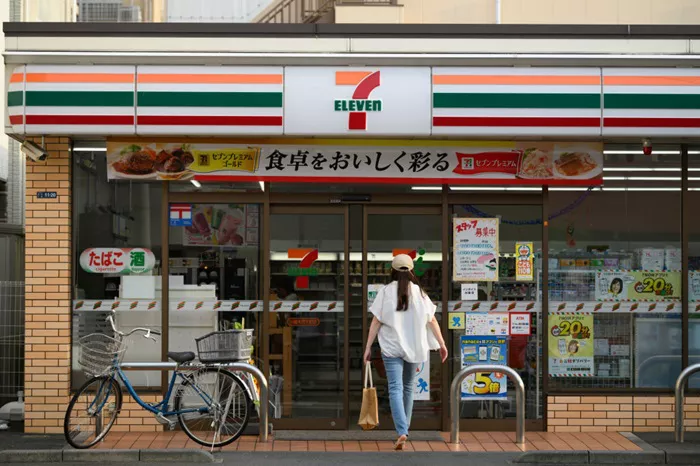A potential buyout of the iconic convenience store chain 7-Eleven could stretch Japan’s capacity for large-scale mergers and acquisitions (M&A), putting the country’s growing appetite for such deals to the test. As Japanese companies increasingly look abroad for expansion opportunities, this potential acquisition is raising questions about the nation’s long-term appetite for M&A and its ability to absorb complex, high-value transactions.
7-Eleven’s Parent Company Explores Opportunities
7-Eleven’s parent company, Seven & i Holdings, has been evaluating strategic options, including the possibility of divesting its most recognizable brand. With 7-Eleven’s global footprint and dominant presence in the convenience store market, the buyout would represent a major M&A deal, likely requiring significant resources and a complex integration process for any potential buyer.
Japan’s M&A Surge: A Shift in Strategy
Japan’s interest in M&A activity has grown in recent years, as companies seek to offset domestic challenges such as an aging population and stagnant economic growth. With limited opportunities at home, Japanese firms have been increasingly looking to international markets for expansion. However, a 7-Eleven buyout would represent one of the largest and most challenging deals yet, testing the limits of Japan’s M&A ambitions.
Challenges of a 7-Eleven Buyout
While Japan’s corporate sector has shown a growing willingness to engage in M&A, the potential acquisition of 7-Eleven would present significant challenges. The sheer size of the deal, coupled with the complexities of managing a global brand, would require a strong strategic vision and robust financial backing. Additionally, integrating 7-Eleven’s vast network of stores across different regions and markets could prove to be a daunting task for any buyer.
Investor Sentiment and Market Impact
A successful buyout of 7-Eleven could have far-reaching implications for Japan’s corporate landscape and its M&A strategy. On the one hand, it could solidify Japan’s reputation as a serious player in global M&A markets. On the other hand, the risks associated with such a large and complex acquisition could lead to increased scrutiny from investors and heightened concerns about the potential for overreach.
Japan’s M&A Future Hinges on 7-Eleven Deal
As Japan continues to expand its M&A activities, the 7-Eleven buyout could serve as a litmus test for the country’s ability to successfully manage large-scale deals. The outcome of this potential acquisition will likely shape the future direction of Japan’s corporate strategy and influence how companies approach M&A opportunities going forward.
Conclusion
A buyout of 7-Eleven would be a defining moment for Japan’s M&A landscape, stretching the country’s appetite for large-scale transactions. As Japanese companies seek to expand their global footprint, the outcome of this potential deal will determine the future trajectory of Japan’s role in international M&A markets, while also posing significant challenges for any potential buyer.
Related Topics:

